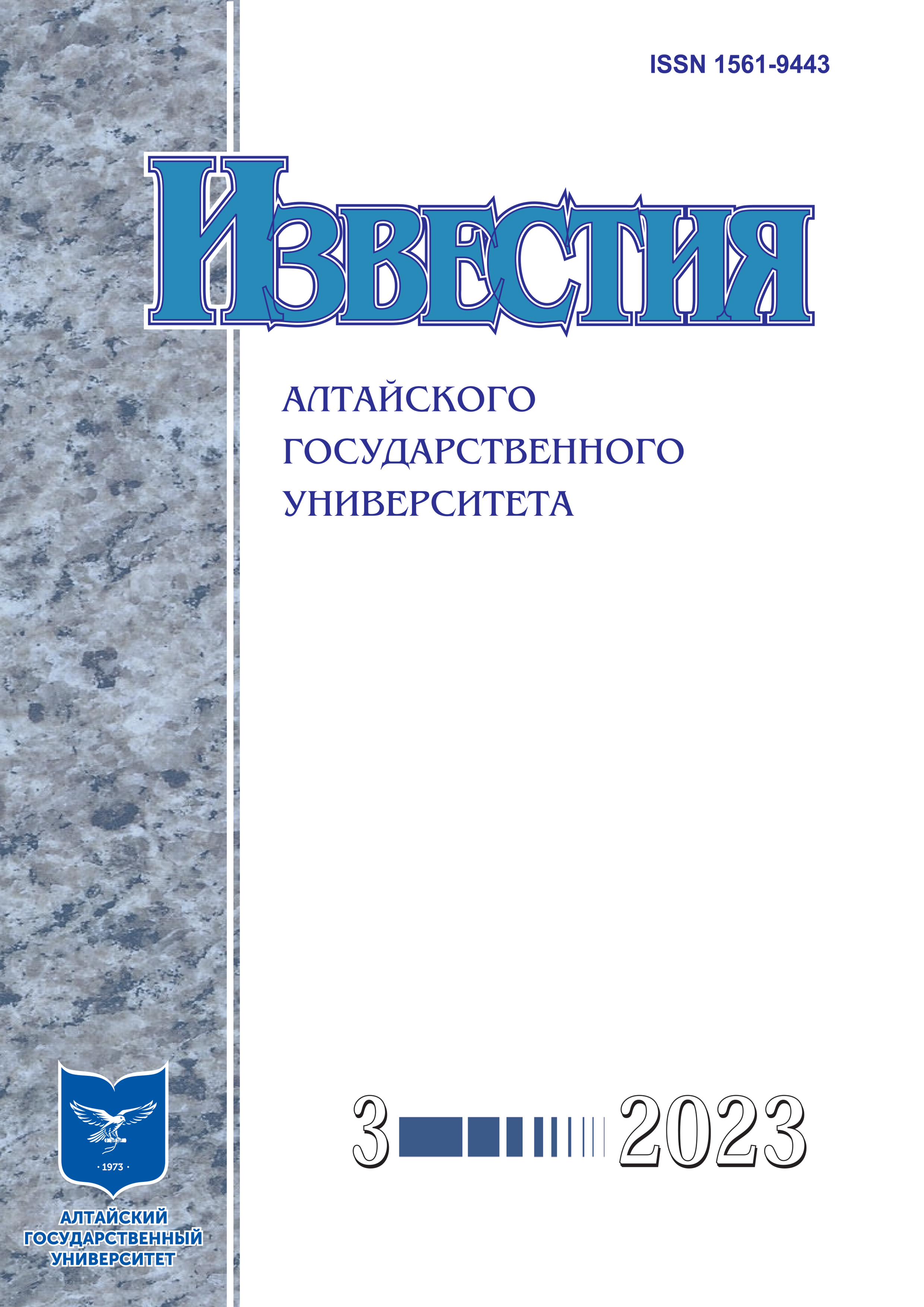The British Program for the "Reconstruction in Europe" in 1922: Political and Diplomatic Aspects
УДК 94 (420) ББК 63.3(4)61-61
Abstract
The article examines the process of formation of the British program for the "reconstruction of Europe" and the diplomatic efforts of Prime Minister D. Lloyd George to promote it on the eve and during the Genoa Conference of 1922. The Conference was one of the key events of European diplomacy between the two world wars. In 1922, thirty four nations met to restore peace between victors and vanquished, reestablish ties between Soviet Russia and the West, and promote the economic reconstruction in Europe. The relevance of the problem under study is due to the controversial assessments of the Genoa Conference in modern foreign and domestic historiography. Considering the content of these discussions, the authors of the articles proceed from the fact that Lloyd George proposed to hold a major economic and political conference to re-energise the European economy and revive the flagging fortunes of his coalition government. He believed that if Russia was opened to world trade, this would enable Germany to prosper and pay reparations to Britain and France, who could then repay their American war debts. Germany's agreement with the new principles of relations with the winners would abate France’s security fears, thus contributing to the stabilization of the Versailles world order. However, the British program was not implemented, because Soviet Russia and Germany concluded the Treaty of Rapallo. Analyzing the reasons for the failure of D. Lloyd George, the authors come to the conclusion that they stem from the basic contradiction between the large-scale plan and the diplomatic miscalculations made by the British delegation on the eve and during the conference.
Downloads
Metrics
References
Быстрова Н.Е. Советская Россия на конференциях в Генуе и Гааге 1922 г.: взгляд из Кремля. М., 2020.
Генуэзская конференция и Рапалльский договор между Россией и Германией 1922 г. Информационно-справочные материалы. Историко-документальный департамент МИД РФ. URL: https://idd.mid.ru/informacionno-spravocnye-materialy/-/asset_publisher/WsjViuPpk1am/ content/genuezskaa-konferencia-i-rapall-skij-dogovor-mezdu-rossiej-i-germaniej-1922-g-?inheritRedirect=false.
Романова Е.В. Советская Россия/СССР и трансформация системы международных отношений в первой половине 1920-х гг. // Вестник Московского университета. Серия 25: Международные отношения и мировая политика. 2022. № 3.
Аршинцева О.А. Великобритания и проблема стабилизации версальского миропорядка в первой половине 1920-х гг. // Вестник Кемеровского государственного университета. 2015. №3-2 (63). URL: https://cyberleninka. ru/article/n/velikobritaniya-i-problema-stabilizatsii-versalskogo-miroporyadka-v-pervoy-polovine-1920-h-gg?ysclid=letfyd14f785912585.
Fink C. The Genoa Conference. The European Diplomacy, 1921-1922. Cyracuse University Press, 1994.
Steiner Z. The Lights that Failed. European International History, 1919-1933. Oxford, 2005.
Cohrs P.O. The Unfinished Peace after World War I. America, Britain and the Stabilisation of Europe, 1919-1932. Cambridge, 2006.
Document on British Foreign Policy. First ser. Vol. XX. London, 1976.
CAB 23/29 January 10, 1922. The National Arshives. Cabinet Memoranda 1922 to 1923. URL: https://www. nationalarchives.gov.uk/cabinetpapers/cabinet-gov/cab24-interwar-memoranda.htm#Cabinet%20Memoranda%20 1922%20to%201923.
D’Abernon. From Versalles to Rapallo, 1919-1922. The Dairy of Ambassador. London, 1929.
Morgan K.O. Consensus and Disunity. The Lloyd George Coalition Government, 1918-1922. Oxford, 1979.
Parliamentary Debates. House of Commons. 5th ser. Vol. 152.
Johnes T. Whitehall Dairy. Vol. 1. London, 1969.
Ridell G.A. Lord Ridell’s Intimate Dairy of Peace Conference and after, 1918-1923. London, 1937.
Papers Relating to International Economic Conference, Genoa, April — May, 1922. London, 1922.
The Daily Herald. 1922. April 19.
The Manchester Guardian. 1922. April 23.
The Times. 1922. April 20.
Киссинджер Г. Дипломатия : пер. с англ. М., 1994.
White S. The Origins of Detente: the Genoa Conference and Soviet-Western Relations, 1921-1922. Cambridge, 1985.
Parliamentary Debates. House of Lords. Vol. 51. 27 June 1922. URL: https://api.parliament.uk/historic-hansard/ lords/1922/jun/27/genoa-conference.
Salzmann S.C. Great Britain, Germany and the Soviet Union: Rapallo and after, 1922-1934. Ithaca, 2002. URL: https://www.jstor.org/stable/10.7722/j.ctt163tbk5.
Copyright (c) 2023 Ольга Алексеевна Аршинцева , Елена Владимировна Хахалкина

This work is licensed under a Creative Commons Attribution 4.0 International License.
Izvestiya of Altai State University is a golden publisher, as we allow self-archiving, but most importantly we are fully transparent about your rights.
Authors may present and discuss their findings ahead of publication: at biological or scientific conferences, on preprint servers, in public databases, and in blogs, wikis, tweets, and other informal communication channels.
Izvestiya of Altai State University allows authors to deposit manuscripts (currently under review or those for intended submission to Izvestiya of Altai State University) in non-commercial, pre-print servers such as ArXiv.
Authors who publish with this journal agree to the following terms:
- Authors retain copyright and grant the journal right of first publication with the work simultaneously licensed under a Creative Commons Attribution License (CC BY 4.0) that allows others to share the work with an acknowledgement of the work's authorship and initial publication in this journal.
- Authors are able to enter into separate, additional contractual arrangements for the non-exclusive distribution of the journal's published version of the work (e.g., post it to an institutional repository or publish it in a book), with an acknowledgement of its initial publication in this journal.
- Authors are permitted and encouraged to post their work online (e.g., in institutional repositories or on their website) prior to and during the submission process, as it can lead to productive exchanges, as well as earlier and greater citation of published work (See The Effect of Open Access).








